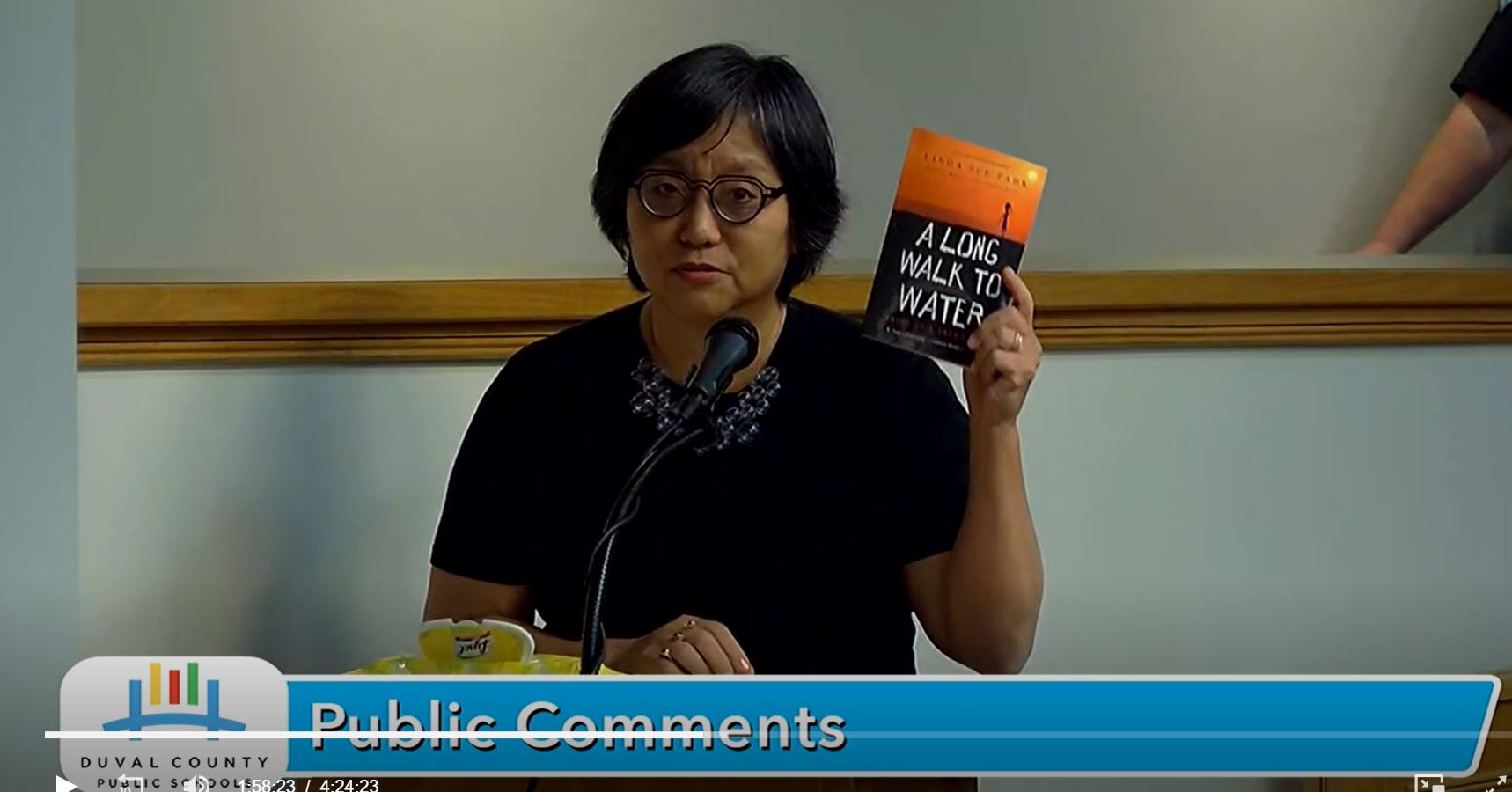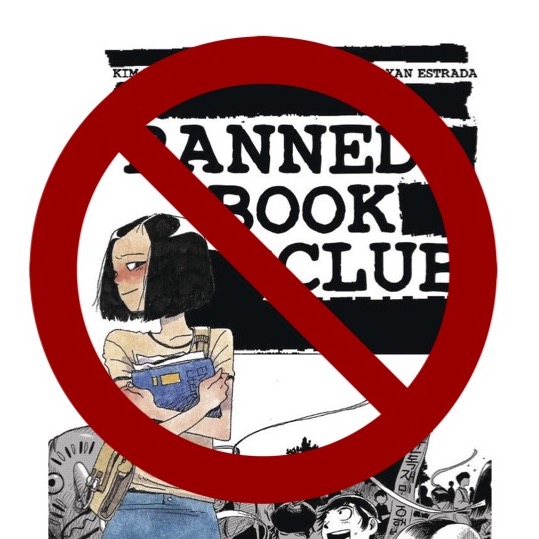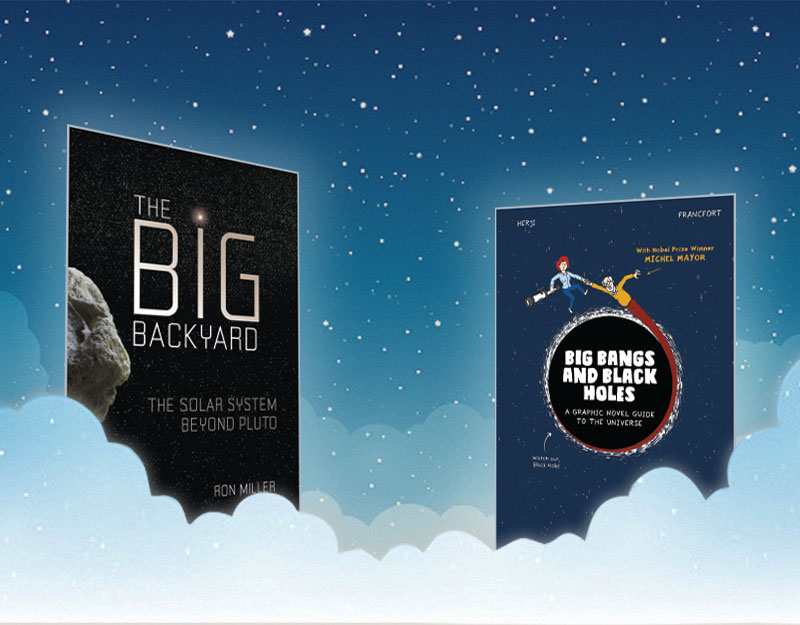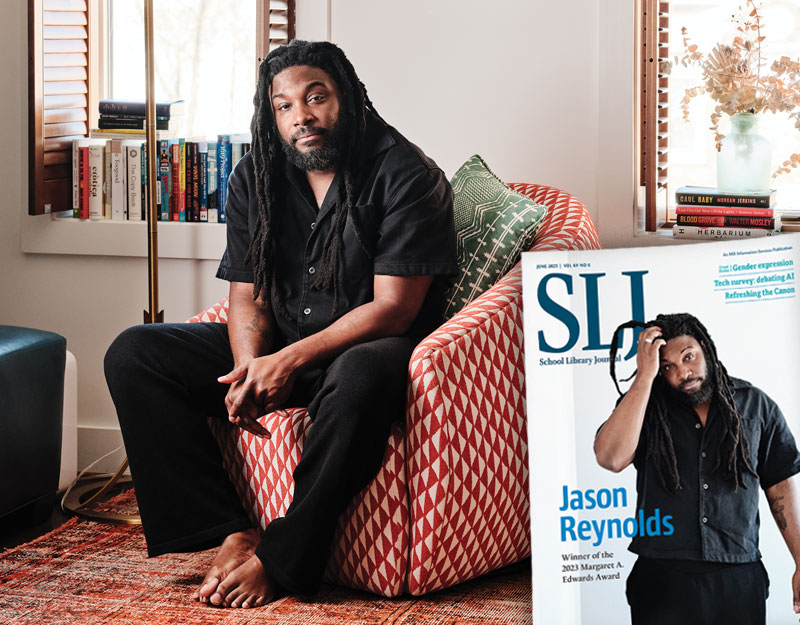Review of the Day : We Are Power by Todd Hasak-Lowy

We Are Power: How Nonviolent Activism Changed the World
By Todd Hasak-Lowy
Abrams Books for Young Readers
$17.99
ISBN: 978-1-4197-4111-1
Ages 10-14
On shelves now
For reasons that will surprise no one in this, the year of our lord 2020, I have had reason of late to think long and hard about education and kids. The act of pouring great bucketfuls of information into the impressionable brain of a child is an inherently dangerous responsibility. I’m not talking about what you choose to put in there (that’s a whole separate topic of conversation) but rather how you even go about doing it. Take any subject. Take science. You teach them the concepts, the history, the discoveries. But how much time do you spend making it clear that there’s so much more we don’t know? And what about mathematics? You can get down the basics, but do you remember to tell them what there is to still discover? Our children are in constant danger of coming to believe that there are no new worlds to conquer. Nothing left to find out. Nothing to stretch their brains and senses. Then there is history. So often kids are taught history in such a way that it feels inevitable. A couple years ago there was even a middle grade series called “Infinity Ring” where bad guys were changing the past and kids had to “fix” it. That kind of thinking never really acknowledges just how tenuous historical moments are. Or, for that matter, how many people have to work together to make anything better at all! In Todd Hasak-Lowy’s We Are Power the idea that the past took immense work and that there is so much more left to do is placed into the hands of the child reader. It’s a book that grants that kids have brains, that they can understand complexity, and that in a world where everything seems very gloom and doom, it is possible to make things better. And to be frank, that’s the kind of message we’re all in dire need of right this very second.
What do you do, “when injustice is so stubborn that more drastic action is needed”? As author Todd Hasak-Lowy tells us, no two stories of nonviolent struggles are exactly alike. Just the same, if you sit down and study them, you’ll notice common features. In We Are Power, the author does just that. He presents to the reader five historical movements with their leaders (Gandhi, Alice Paul, Martin Luther King Jr., Cesar Chavez, and Vácalv Havel) as well as one current one (Greta Thunberg). Kids reading the book learn that “power is actually a particular kind of relationship. The powerful demand obedience and the powerless comply.” They see strategies when dealing with oppression and how some worked and many didn’t. Through it all, the author makes it clear that you don’t need to be a president or a military leader to change the world. Anyone can do it but it takes faith and numbers. It takes smarts and skills and morals. And what it really takes is a knowledge of history. Of what works and what doesn’t. It takes this book. Now hand it to someone who needs it.
ADVERTISEMENT
ADVERTISEMENT

Should you ever find yourself in the profession of children’s librarian, you will discover than an inordinate amount of your time is taken up with trying to categorize every children’s book you encounter. You do this because you would like to find the right book for the right reader and so much of that finding means having a nice mental catalog you can dip into to figure out what’s available. Determining the right reader for this book takes a little more work than a shark book or a sports book or a book on palmistry. Who is the right reader? I mean, besides every reader (obviously). But who would gravitate to this book with as little persuasion needed as possible? For better or for worse, we live in times of great activism. Things are wrong with the world. They need to be righted. There is racism, and environmental problems, and gun issues, and who knows what all. Our children see this and many of them would like to change things. Some of them want this in a hazy, vague way. Others feel it like fire. So I am handing this book to the fiery ones first.
Now, there are already books out there with titles like Do Something: A Handbook for Young Activists, and I’m sure they’re just fine. I am also very sure that these books are cheery, optimistic, and do not fully acknowledge how difficult it is to change literally anything in this world. These books would say that they are hopeful. They would be wrong. We Are Power may be the most hopeful thing I’ve seen in years because it shows precisely how awful the world can be. It says, Look at this terrible situation. Now here are the people who tried to stop it. Here is how they suffered and suffered and suffered and suffered. And only after more of them joined, only then, often slowly, did things begin to change. So if you truly chose to try to change things, know that it is possible to succeed, even if it looks impossible. This book could have been subtitled “No Quick Fixes Here, Kids.” Indeed, to my infinite surprise I thought the Cesar Chavez section was perhaps the most impressive in this regard. Like the Martin Luther King Jr. chapter, it shows a campaign that faltered. Only in Chavez’s case, some of his attempts failed outright, and he had to reassess his entire strategy. The takeaway from a lot of these chapters is how sheer intelligence and creativity is necessary to change the world. And also how easy it is for things to slip back to the way they used to be. “Some truths, even after appearing to emerge victorious, may need to be fought for all over again.”

I am forever in awe of books for kids that respect their audience’s intelligence. There is, in a parallel universe somewhere, a dumbed down version of this book. I sincerely pity the people in that universe. Poor little parallel people. You’ll never know the thrill of reading an author that can get you just as interested in people you’ve never heard of as you are the people you’ve heard of a million times. Gandhi and Martin Luther King Jr. are almost too famous these days. Their names begin to become synonymous with that dangerously vague word “peace”. Hasak-Lowy, therefore, doesn’t tell the story of their whole lives but zeroes in on specific moments of protest. Meanwhile, he’s also making people like Alice Paul and Vácalv Havel sound completely fascinating. Honestly, I would not be surprised if a couple kids reading this book go on to voluntarily learn more about the rest of Havel’s life. The playwright who became president? Where’s HIS picture book biography, for crying out loud?
I’m no teacher, but I did attend a Quaker college. Seems to me that the Quaker boarding schools of the world would benefit incredibly by adding this book to their curriculums (I’m looking at you, Olney Friends School). When Hasak-Lowy writes that, “Nonviolent activists employ disruptive, risky tactics that challenge those in power and interrupt the way things normally work – without taking up arms,” he is essentially redefining our definitions of heroism. This is no accident. The book begins by asking what we think of when we think of the big moments of the 20th century. He then points out that half of the events on that list are wars. And if you focus your history teaching on wars then you are communicating to the kids you teach that historical events revolve around wars. If you believe that then you believe that our history is most violent and that the only way to change things is to be “a politician or a general or someone willing to take someone else’s life.” What We Are Power does is challenge that entire notion. Individuals that work together can do great things. That notion can be taught and taught well, but you need the right tools to do it. Consider this book your hammer. Now go hammer out a better future for us, kids. We’ll do it with you.
On shelves now.
Source: Galley given by author for review.
Videos: Want a quick teaching tool to drill home the ideas of this book with your kids? This truly excellent video on what power really is does the job beautifully.
Misc:
On his website, Todd Hasak-Lowy writes the following. I suggest you see what he’s offering:
RESOURCES FOR TEACHERS, STUDENTS, AND PARENTS
In response to the ongoing Shelter-In, I will regularly post materials for teachers, students, and parents. Teachers, if you would like to schedule me for a discussion with your students, please email me directly (hasaklowy@gmail.com). Follow me on social media to get updates whenever I post new materials.
Click on these links to watch videos of myself reading aloud the Introduction, as well as Chapter 1 (Part 1, Part 2, Part 3) and Chapter 2 (Part 1, Part 2, Part 3).
Click here to watch children’s librarian Yapha Mason interview me about writing We Are Power and the basic features of nonviolent activism.
Filed under: Best Books, Best Books of 2020, Reviews, Reviews 2020
About Betsy Bird
Betsy Bird is currently the Collection Development Manager of the Evanston Public Library system and a former Materials Specialist for New York Public Library. She has served on Newbery, written for Horn Book, and has done other lovely little things that she'd love to tell you about but that she's sure you'd find more interesting to hear of in person. Her opinions are her own and do not reflect those of EPL, SLJ, or any of the other acronyms you might be able to name. Follow her on Twitter: @fuseeight.
ADVERTISEMENT
ADVERTISEMENT
SLJ Blog Network
2024 Books from Pura Belpré Winners
Winnie-The-Pooh | Review
Parsing Religion in Public Schools
Crafting the Audacity, One Work at a Time, a guest post by author Brittany N. Williams
ADVERTISEMENT







